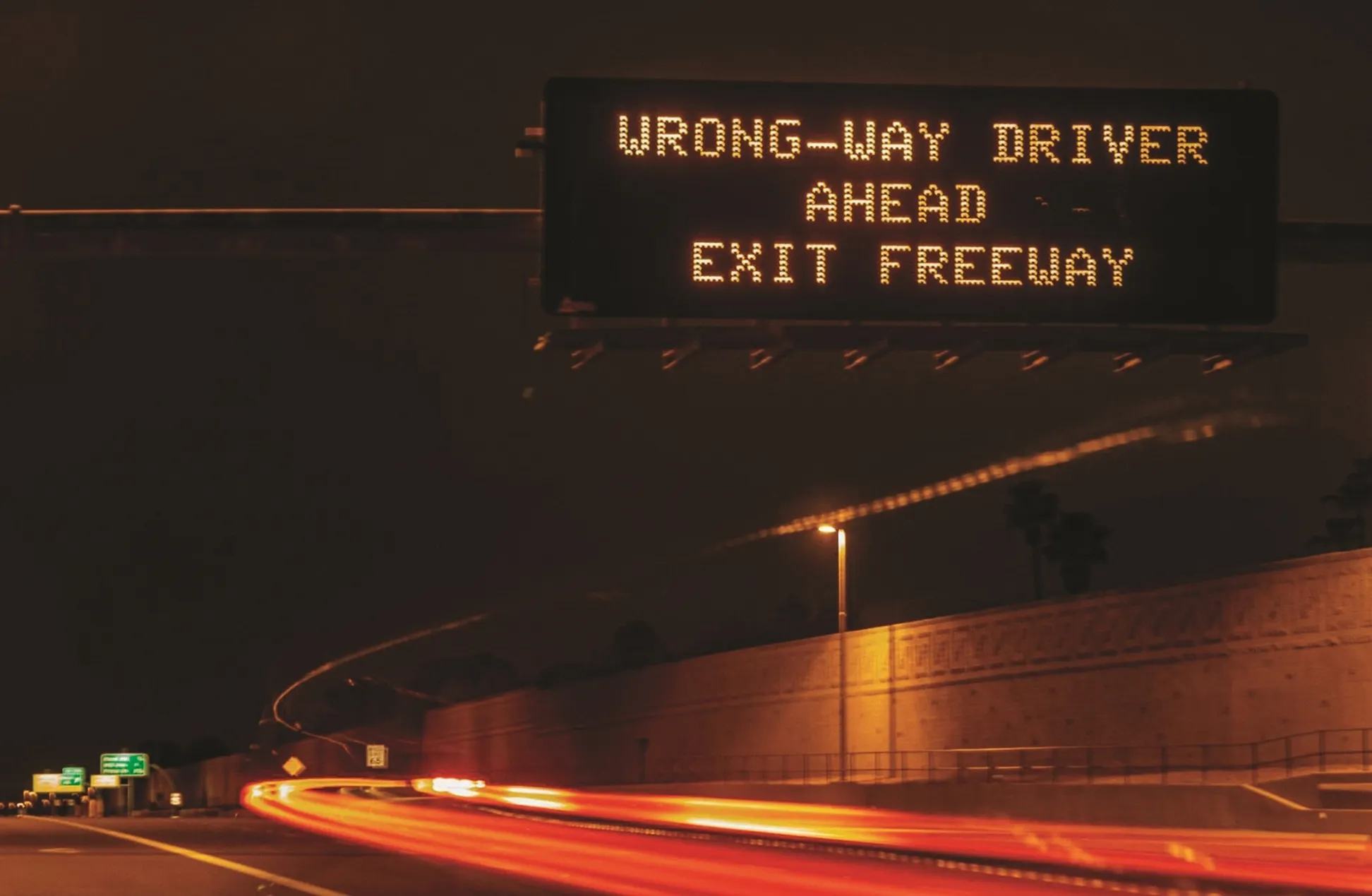Installation of automatic braking systems in buses is being considered by Japan’s Transport Ministry. The advanced driver assistance system (ADAS) will be activated upon the detection of the risk of a crash and is one of a number of high-tech safety advancements being reviewed by the ministry to be mandated for buses.
May 18, 2012
Read time: 2 mins
Installation of automatic braking systems in buses is being considered by 5627 Japan’s Transport Ministry. The advanced driver assistance system (ADAS) will be activated upon the detection of the risk of a crash and is one of a number of high-tech safety advancements being reviewed by the ministry to be mandated for buses.
Meanwhile, industry officials have stated that Japan’s tour bus sector has created new safety rules to govern the operation of buses. This comes after a bus crash in Gunma Prefecture a few weeks ago that led to the deaths of seven people when the driver fell asleep and the bus veered into a sound-suppression wall.
New rules require that overnight buses must have two drivers if the vehicle needs to travel for over 450km. If there is only one driver, the travel distance must be less than 450km overnight. Another measure is that travel agencies must inform passengers how many drivers will be on board as well as enable them to inspect legal compliance and safety measures of bus operators in written documents.
Meanwhile, industry officials have stated that Japan’s tour bus sector has created new safety rules to govern the operation of buses. This comes after a bus crash in Gunma Prefecture a few weeks ago that led to the deaths of seven people when the driver fell asleep and the bus veered into a sound-suppression wall.
New rules require that overnight buses must have two drivers if the vehicle needs to travel for over 450km. If there is only one driver, the travel distance must be less than 450km overnight. Another measure is that travel agencies must inform passengers how many drivers will be on board as well as enable them to inspect legal compliance and safety measures of bus operators in written documents.









